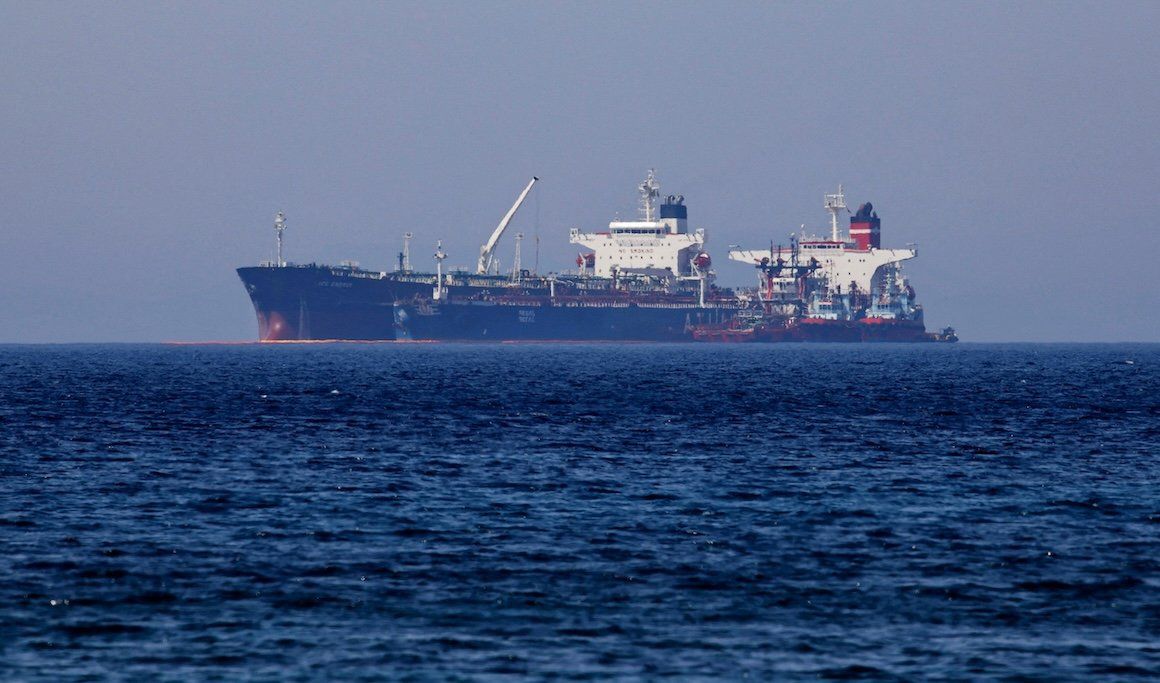The Trump administration is reportedly considering a strategy to
disrupt Iran’s oil exports by stopping and inspecting Iranian oil tankers at sea. The US would use the Proliferation Security Initiative, established in 2003 to prevent the trafficking of weapons of mass destruction, as a legal justification for the inspections.
The potential impact? Washington previously ordered two such operations in 2023, under the Biden administration, but this prompted Iran to seize foreign ships, including one chartered by Chevron Corp, which increased crude prices. Today, however, prices are under $75 a barrel, so trimming Iran’s exports, possibly by 750,000 barrels per day, would have less of an effect. Cutting Iranian production would allow for increased production from Iraq, and potentially from Russia, which also sells to the Chinese market. Iran reaps annual oil revenues of $50 billion, mostly from sales to China.
Why do it, and will it work? Trump sees the plan as a means of exerting “maximum pressure” against Tehran to damage its nuclear program. The strategy depends, however, on allied nations chipping in to inspect the vessels. There are currently 115 signatories to the Initiative, most of whom are also facing the specter of US tariffs on April 2. We’ll be watching which ones the US approaches for cooperation – and whether Trump will be willing to give concessions in return.
